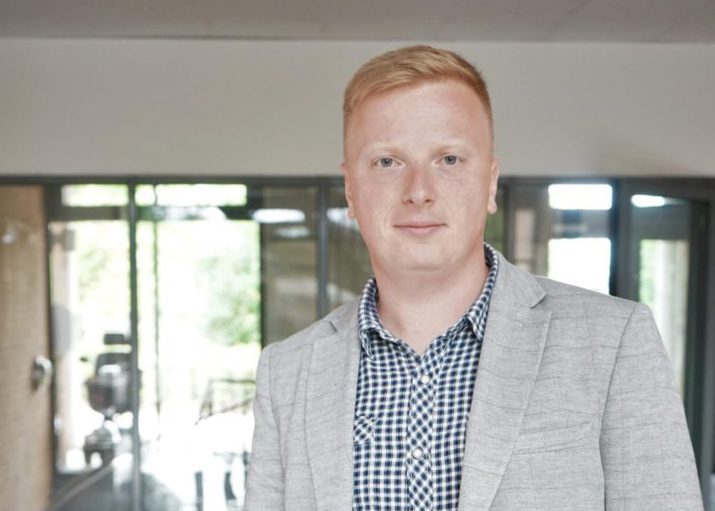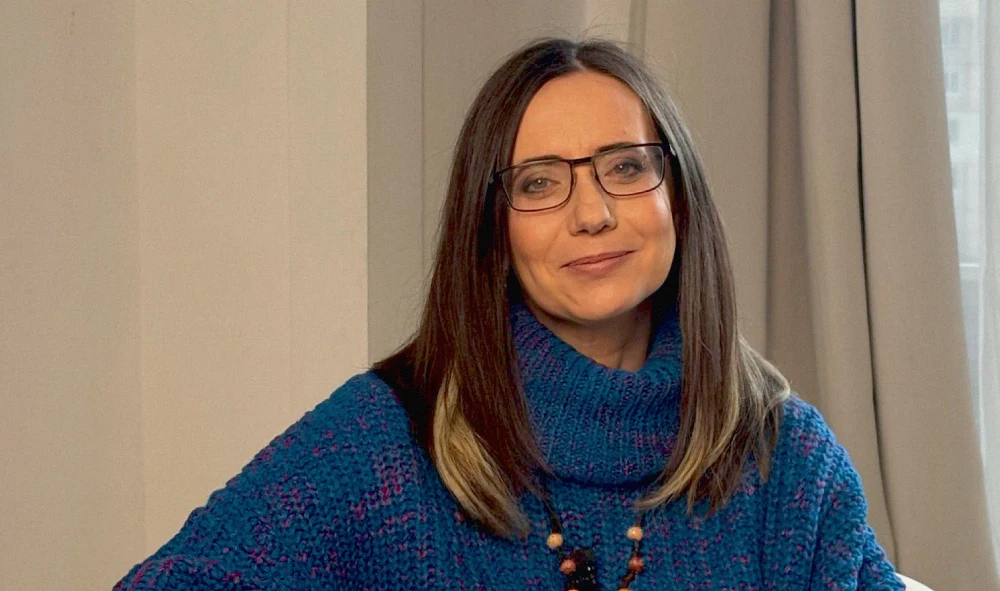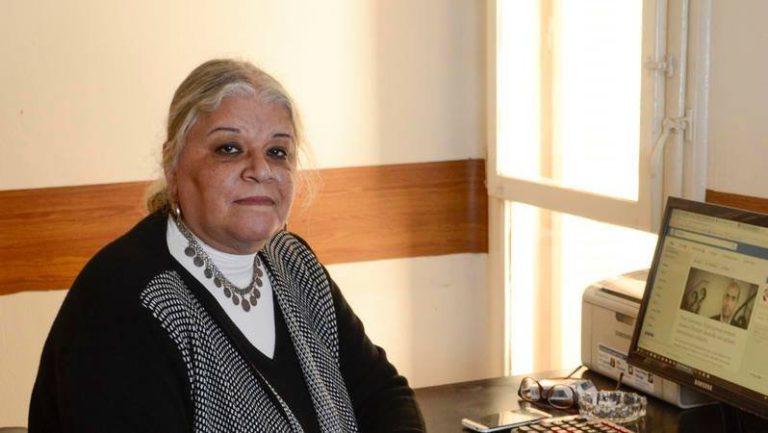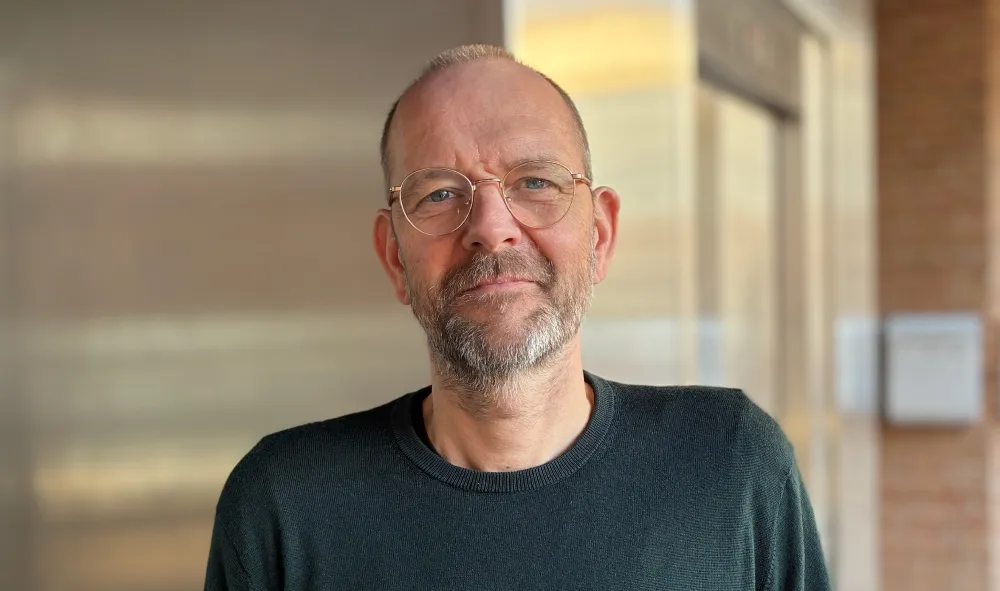What do we know about the alleged use of torture and other cruel, inhuman, or degrading treatment in Ukraine as we reach two years after the invasion?
Numerous reports document that torture is one of the instruments used by Russia in its war on Ukraine. The United Nations Independent International Commission of Inquiry on Ukraine has found widespread and systematic torture and inhuman treatment inflicted by Russian authorities against people in the territories of Ukraine that came under Russian occupation. The Commission has also observed that torture is used routinely in detention facilities, including in makeshift places of detention like schools and kindergartens.
In DIGNITY’s report Nine Circles of Hell, we demonstrate that the acts of ill-treatment and torture inflicted by Russian troops are widespread and systematic and may amount to crimes against humanity. The UN Commission of Inquiry on Ukraine has recently concluded that Russian authorities committed the war crime of torture, and that the committed torture may amount to crimes against humanity. Nine Circles of Hell indicate that torture is used to enforce the “new rules” and “order” in the occupied territories, in particular in places of detention. The purpose of torture thus include silencing protests and punishing any potential opponents among Ukrainians. The Russian authorities also target innocent civilians to intimidate and subjugate people living under occupation. The torture methods include kicks, punches, slaps and truncheon blows, electric shocks, and positional torture to name a few.
Approximately 90% of the detainees interviewed by the UN Human Rights Monitoring Mission in Ukraine (HRMMU) reported experiencing torture and ill-treatment during their detention. Similarly, Nine Circles of Hell shows that most survivors of torture with whom our partners spoke were subjected to acts that may amount to torture or ill-treatment in the territories of Ukraine occupied by Russia. Some survivors testify about torture committed right after the invasion, e.g. March-May 2022, while others provide statements about such crimes being committed in July- September 2023. As the UN Special Rapporteur on Torture stated, Russia’s war in Ukraine is “synonymous with torture”.
How do DIGNITY and partners ensure that the gathered information about possible instances of torture is accurate and reliable?
It is our partners in Ukraine, Protection of Prisoners of Ukraine (PPU), Kharkiv Human Rights Protection Group (KHPG) and Ukraine without Torture (UwT) as well as European Prison Litigation Network (EPLN), who interview the survivors. DIGNITY coordinates the process, advises, trains on international standards on the medico-legal documentation of torture, and helps to analyse the collected information.
Our partners interview survivors who managed to escape from Russian captivity. Some were freed by the Ukrainian Armed Forces. Others managed to leave the occupied territories on their own. We are also supporting the evacuation of some of the survivors from the occupied territories or from Russia who then tell us their stories.
In addition to interviewing them, we are bringing in forensic experts to help us record any injuries or residual signs of torture. Unfortunately, most signs of torture have disappeared by the time we have access to the survivor. Often, even broken ribs cannot be confirmed by X-rays a year after torture. And most survivors do not manage to escape the Russian captivity within months of being tortured. So we listen to the testimonies of survivors and cross-check this information with other victims and witnesses’ testimonies and open source information.
What avenues for accountability can be pursued for the victims of torture in Ukraine?
The priority at this stage is to properly document the human rights violations. That’s why DIGNITY pays so much attention to the quality of the documentation. The pursuit of justice and accountability follow afterwards.
Once we have collected the potential evidence, our partners and DIGNITY present it to Ukrainian investigating and prosecuting authorities as well as international accountability bodies such as the United Nations Human Rights mechanisms. We also expect that a compensation mechanism currently built by the Council of Europe will be available soon. Survivors of torture will be able to make legal claims there. We may also share some of the most reliable information with the International Criminal Court.
Finally, for survivors it also matters to tell their story. This is why we at DIGNITY are doing our best to bring the voices of survivors to a wider audience around the world.
DIGNITY and our partners will make the evidentiary materials available to those who are interested in supporting our efforts towards justice and accountability.





